Customized Tomato Sauce OEM Services: Craft Your Exclusive Flavor and Seize Market Opportunities
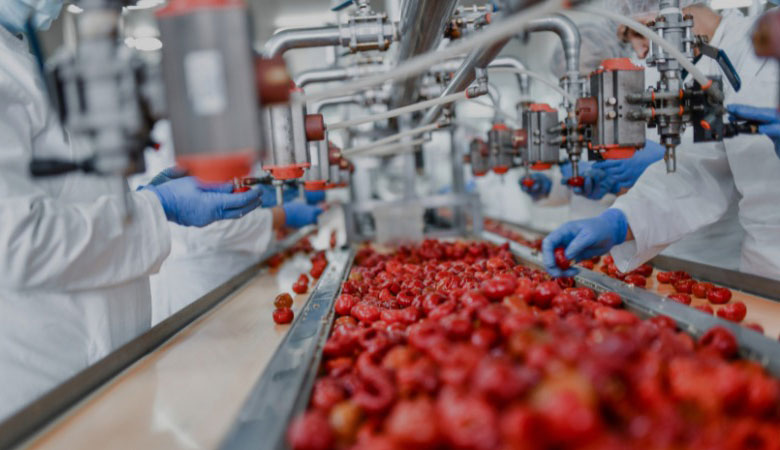
OEM Services: Empowering Brands, Focusing on Core Competencies
In the increasingly competitive food industry, having a unique product is key to brand differentiation. For businesses looking to enter the tomato sauce market or expand their existing product lines, customized tomato sauce OEM (Original Equipment Manufacturer) services offer an efficient and economical pathway. By partnering with professional tomato sauce manufacturers, you can transform your innovative recipes into high-quality finished products, sold under your own brand, thereby establishing a distinct competitive advantage in the market.
In-Depth Advantages of Choosing Tomato Sauce OEM Services
Strategic Focus and Resource Optimization
The most direct benefit of choosing OEM services is the ability for businesses to focus on their core competencies. Without the need for significant capital and human resource investment in building and operating a production factory, companies can efficiently allocate these resources to brand building and marketing, thereby accelerating brand recognition and market share growth. For example, a restaurant chain can concentrate on enhancing its menu quality and customer experience while leveraging OEM services to promote its signature tomato sauce to a broader retail market.
Significant Reduction in Production Costs and Operational Risks
Establishing and operating a food production factory requires substantial capital investment, including factory construction, equipment procurement, personnel recruitment, and training. Additionally, businesses face a series of operational risks related to raw material procurement, production management, quality control, warehousing, and logistics. OEM manufacturers typically possess economies of scale in production and mature supply chain systems, enabling them to produce at a lower unit cost and shoulder most of the operational risks, thus significantly reducing the financial pressure and operational risks for brand owners.
Accelerated Market Entry and First-Mover Advantage
Compared to building a production line in-house, choosing OEM services can significantly shorten the time to market. OEM manufacturers often have existing production facilities and experienced teams, allowing for the rapid deployment of customer recipes into production. This helps brand owners bring their products to market faster, capitalizing on market opportunities, especially in rapidly changing market environments where time is often a critical factor for success.
High Flexibility and Scalability
Market demand is dynamic, and OEM services typically offer flexible production scales and customization options. Brand owners can flexibly adjust production volume based on changes in market demand, avoiding losses caused by overcapacity or undercapacity. Furthermore, as the business grows, production capacity can be easily expanded by increasing order volumes without worrying about the production bottlenecks of an in-house factory.
Access to Professional Production Technology and Quality Assurance
Tomato sauce production involves complex process flows and stringent quality control. Professional OEM manufacturers possess advanced production equipment, experienced technical teams, and comprehensive quality management systems, ensuring the stability and compliance of product quality. They can even provide specialized technical support that exceeds the customer's own production capabilities.
Strict Intellectual Property Protection and Recipe Security
Exclusive recipes are a core value of a brand. Partnering with reputable and professional OEM manufacturers typically involves signing detailed Non-Disclosure Agreements (NDAs), clearly defining the responsibilities and obligations of both parties in recipe protection, ensuring that the customer's intellectual property is fully protected. In addition, some OEM manufacturers may take extra security measures to prevent recipe leakage.
In-Depth Analysis of Customizable Tomato Sauce Recipe Parameters
By choosing OEM services, you can customize almost every aspect of your tomato sauce to meet your specific needs and target market preferences:
Refined Selection of Tomato Raw Materials
Variety Characteristics and Flavor Impact
Different tomato varieties have unique flavor characteristics. For example, Roma tomatoes are fleshy with moderate acidity, suitable for making rich tomato sauce; San Marzano tomatoes are known for their sweetness and slightly fruity flavor. You can choose the appropriate tomato variety based on the final flavor you wish to achieve.
The Trade-off Between Fresh and Concentrated
Using fresh tomatoes can bring a fresher taste and flavor, but the cost and seasonal limitations are higher. Using concentrated tomato paste can reduce costs and achieve stable production throughout the year. You can choose based on your budget and product positioning.
Organic and Non-Organic Options
If your target market demands organic food, you can choose to use organically grown tomatoes as raw materials.
Personalized Customization of Flavor Characteristics
The Art of Sweetness Adjustment
Sweetness is an important factor affecting consumer acceptance. You can adjust the amount and type of sugar according to the taste preferences of different regions. For example, the Asian market may prefer a slightly sweeter taste, while the European and American markets may prefer a balanced sweet and sour taste.
Techniques for Acidity Control
Acidity can balance sweetness and give tomato sauce a refreshing taste. In addition to the acidity of the tomatoes themselves, you can also adjust the acidity by adding vinegar (such as white vinegar, apple cider vinegar, rice vinegar) or citric acid.
Diversified Choices of Spiciness
The type and amount of chili determine the spiciness of the tomato sauce. You can choose mild paprika, medium-spicy chili powder, or use fresh chilies (such as bird's eye chilies) to create products with different levels of spiciness.
Clever Combination of Spices and Herbs
Spices and herbs are key to giving tomato sauce a unique flavor. You can choose from a variety of spices and herbs such as basil, oregano, thyme, garlic powder, onion powder, chili powder, black pepper, and white pepper to create a unique flavor combination. For the Southeast Asian market, consider adding regionally specific spices such as lemongrass, galangal, and curry powder.
Strategies for Enhancing Umami
Umami can enhance the taste layers and richness of tomato sauce. You can consider adding yeast extract, monosodium glutamate (MSG, subject to local regulations), mushroom extract, etc., to enhance the umami flavor.
Innovation in Special Flavors
You can also try customizing some special flavors, such as imparting a unique smoky flavor to the tomato sauce through a smoking process, or bringing a deeper caramelized flavor by roasting the tomatoes before making them into a sauce.
Refined Control of Texture and Appearance
Adjustment of Fineness
By adjusting the sieve mesh size of the pulper and the stirring time, the fineness of the tomato sauce can be controlled. You can choose a very smooth texture or retain certain tomato pulp particles to increase the mouthfeel.
Natural Presentation of Color
High-quality tomato sauce should have a natural red color. Although the color can be slightly adjusted through recipe adjustments and processing techniques, it is generally not recommended to add artificial colors.
Precise Control of Viscosity
Viscosity is an important factor affecting the user experience of tomato sauce. You can control the viscosity of the tomato sauce by adjusting the solid content, adding thickeners (such as modified starch, guar gum, xanthan gum), etc., to suit different application scenarios.
Prudent Selection of Ingredients and Additives
Considerations for Choosing Preservatives
Whether to add preservatives and which preservatives to add should be determined based on your target market, shelf life requirements, and local regulations. Commonly used preservatives include sodium benzoate and potassium sorbate.
The Necessity of Coloring Agents
High-quality tomato sauce usually does not need to add coloring agents. If it is really necessary to adjust the color, natural coloring agents that comply with food safety standards should be selected.
Application of Thickeners and Stabilizers
Thickeners can increase the viscosity of tomato sauce, and stabilizers can prevent product layering. You can decide whether to use them and which thickeners and stabilizers to use based on your product characteristics and consumer preferences.
Personalized Customization of Packaging Specifications
Diversity of Packaging Types
You can choose the appropriate packaging type according to your target consumer group and sales channels, such as glass bottles for the high-end market, PET bottles for lighter weight, pouches for catering channels, and drums for industrial use.
Flexible Selection of Packaging Sizes
You can customize different packaging sizes, from small-packaged household sizes to large-packaged catering sizes, to meet the needs of different consumers.
Selection of Packaging Materials
Different packaging materials have different characteristics. For example, glass bottles have good barrier properties, PET bottles are lightweight and have lower costs, and metal cans can provide a longer shelf life. You need to choose the appropriate packaging material based on your product characteristics and budget.
Autonomy of Label Design
Labels are an important part of brand image. You have complete autonomy in designing your product labels to highlight your brand characteristics and product advantages.
Detailed Tomato Sauce OEM Service Process
In-depth Needs Communication and Detailed Recipe Provision
This stage is crucial. You need to communicate in depth with the OEM manufacturer, clearly expressing your product concept, target market positioning, expected output, quality standards, and the exclusive recipe you wish to use. Provide as much detailed recipe information as possible, including the names, specifications, proportions, procurement channels of all raw materials, as well as detailed production process flows and quality control requirements.
Professional Recipe Evaluation and Comprehensive Feasibility Analysis
The OEM manufacturer will conduct a professional evaluation of the recipe you provide, analyzing its feasibility under existing production equipment and process conditions. They may offer suggestions for recipe optimization, production process improvement, or raw material substitution to ensure the quality and production efficiency of the final product.
Multiple Rounds of Sample Production and Rigorous Testing
The OEM manufacturer will produce samples according to your final confirmed recipe. You need to conduct comprehensive testing of the samples, including flavor, taste, color, texture, stability, shelf life, and other aspects. Based on the test results, you can make multiple rounds of adjustments and improvements with the manufacturer until the samples fully meet your requirements.
Strict Contract Signing and Legal Guarantees
After the samples are fully approved by you, both parties will sign a formal OEM contract. The contract should clearly list the product specifications, quality standards, production quantity, unit price, total price, payment method, delivery time, delivery location, acceptance standards, after-sales service, liability for breach of contract, and intellectual property protection clauses, among other important matters, to protect the rights and interests of both parties.
Meticulous Mass Production and Process Monitoring
The OEM manufacturer will strictly follow the contract agreement and the final confirmed recipe for mass production. During the production process, the manufacturer will establish a comprehensive quality management system, strictly monitor and record every production step to ensure the stability and consistency of product quality.
Multi-Level Quality Inspection and Strict Control
After production is completed, the OEM manufacturer will conduct a comprehensive internal quality inspection, including raw material inspection, in-process inspection, and finished product inspection. To further ensure product quality, you can also entrust an independent third-party testing agency to conduct inspections.
Standardized Packaging and Efficient Shipment Process
The OEM manufacturer will package according to your required packaging specifications, materials, and label design. For products exported to the Southeast Asian market, relevant packaging and labeling regulations must also be complied with. The manufacturer will arrange an efficient shipment process according to the contract agreement to ensure that the products can be delivered to the designated location in a timely manner.
Comprehensive After-Sales Service and Continuous Technical Support
Some excellent OEM manufacturers will provide comprehensive after-sales service, including product quality tracking, technical consultation, market information sharing, etc., to establish long-term cooperative relationships with customers.
Key Considerations for Choosing an Excellent Tomato Sauce OEM Partner
Strong Production Capacity and Advanced Equipment
Ensure that the OEM manufacturer has production workshops that meet international standards and advanced automated production equipment to meet your production volume needs and guarantee product quality.
完善的质量管理体系与权威认证
Choose manufacturers with comprehensive quality management systems such as HACCP, GMP, ISO 9001, and who have passed international authoritative food safety certifications such as FSSC 22000, BRCGS, and SQF. This is a strong guarantee of product quality.
Rich Industry Experience and Professional R&D Team
Choose manufacturers with many years of experience in tomato sauce production and equipped with a professional R&D team. They can better understand your needs and provide professional recipe optimization suggestions and technical support.
Flexible Customized Production Capabilities
Confirm whether the OEM manufacturer can flexibly customize production according to your unique recipe and meet your special requirements in terms of flavor, texture, packaging, etc.
Strict Confidentiality Measures and Awareness of Intellectual Property Protection
Choose partners who highly value intellectual property protection, can strictly abide by confidentiality agreements, and ensure the security of your exclusive recipes and brand information.
Competitive Pricing and Excellent Cost-Effectiveness
On the premise of ensuring product quality, choose OEM manufacturers with reasonable prices and good cost-effectiveness, which will help you enhance the market competitiveness of your products.
Efficient Communication and Collaboration and Proactive Response Speed
Choose OEM partners with smooth communication, efficient collaboration, and the ability to respond promptly to your needs, which can ensure the smooth progress of the cooperation process.
Superior Geographical Location and Convenient Logistics Conditions
Consider whether the geographical location of the OEM manufacturer is close to the raw material production area or the target market, and whether their logistics capabilities can meet your transportation needs.
Good Market Reputation and Customer Word-of-Mouth
Understand the market reputation and customer reviews of OEM manufacturers by consulting customer reviews, industry reports, etc., and choose trustworthy partners.
More In-Depth Questions You Can Ask Potential Tomato Sauce OEM Partners
- Has your factory passed relevant certifications for exporting to the Southeast Asian market?
- What specific confidentiality measures do you have in place for handling customer exclusive recipes?
- Can your R&D team provide support for recipe optimization and innovation?
- At which key stages does your quality control team conduct quality inspections?
- Can you provide traceability information for raw materials?
- Does your packaging design team offer packaging suggestions that meet the needs of the Southeast Asian market?
- What is the transportation experience of your logistics partners in the Southeast Asian region?
- Does your after-sales service include product liability insurance?
- Do you have an emergency plan for handling sudden quality issues?
- Are you willing to sign a long-term cooperation agreement and establish a strategic partnership?
More Comprehensive Strategies for Finding Tomato Sauce OEM Manufacturers
- In-depth Online Research: In addition to using common search engines, you can also pay attention to professional websites, forums, and social media groups in the food industry to obtain more information on OEM suppliers.
- Actively Participate in Industry Exhibitions and Seminars: Attend domestic and international food and beverage industry exhibitions and seminars to directly communicate with OEM manufacturers and understand their products and services.
- Utilize Industry Associations and Professional Platforms: Contact professional food industry associations or use professional B2B platforms such as FoodBev Media and CPhI to find more precise OEM supplier information.
- Expand Your Network and Seek Recommendations: Recommendations from friends, partners, or consultants in the industry can often lead to more reliable OEM manufacturers.
- On-Site Inspections and Factory Audits: After initially screening potential OEM manufacturers, be sure to conduct on-site inspections and factory audits to understand their production facilities, quality management systems, and production capabilities in detail.
Conclusion: Partner with OEM to Create New Opportunities in the Tomato Sauce Market
Choosing the right customized tomato sauce OEM service is a smart move to build your unique brand, quickly enter the market, and achieve business growth. By working closely with professional OEM partners, you can transform your innovative ideas into high-quality products and focus on brand building and market expansion. When choosing an OEM partner, be sure to conduct a comprehensive and detailed evaluation to select a reliable partner who truly understands your needs, provides high-quality products, and can establish a long-term cooperative relationship to jointly create new opportunities in the tomato sauce market.
Must-Read Blogs For Chain Restaurants Owner

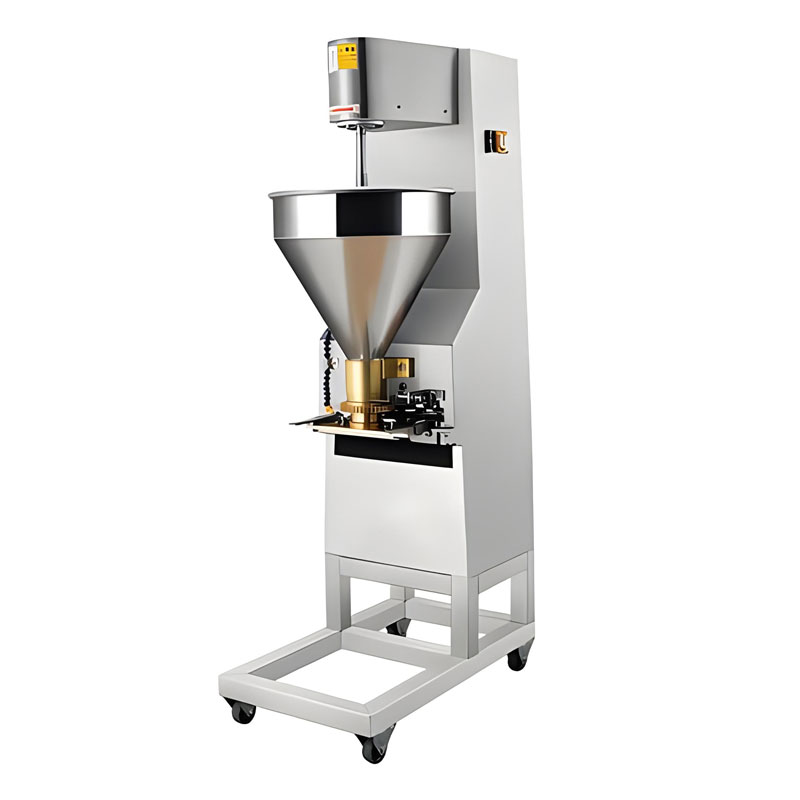
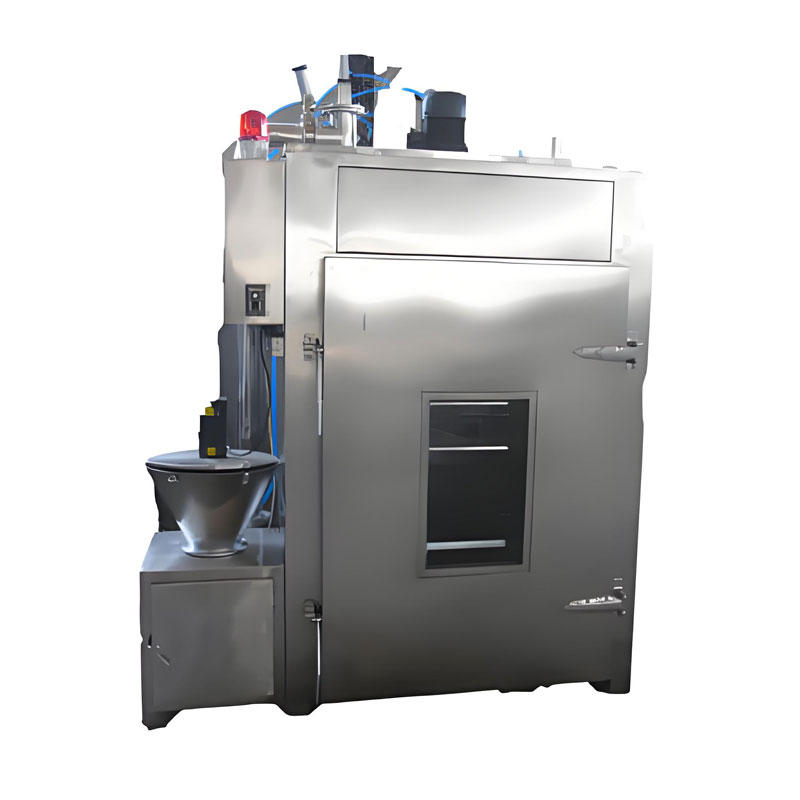
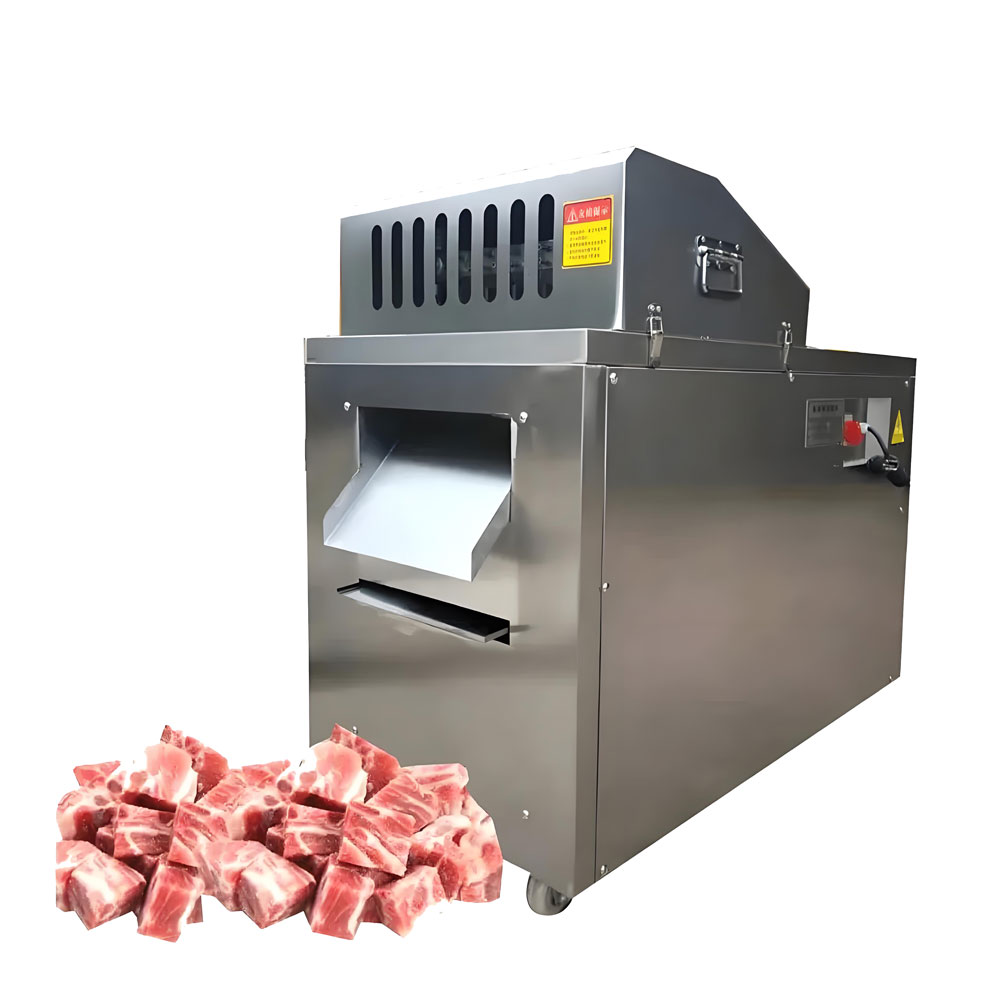
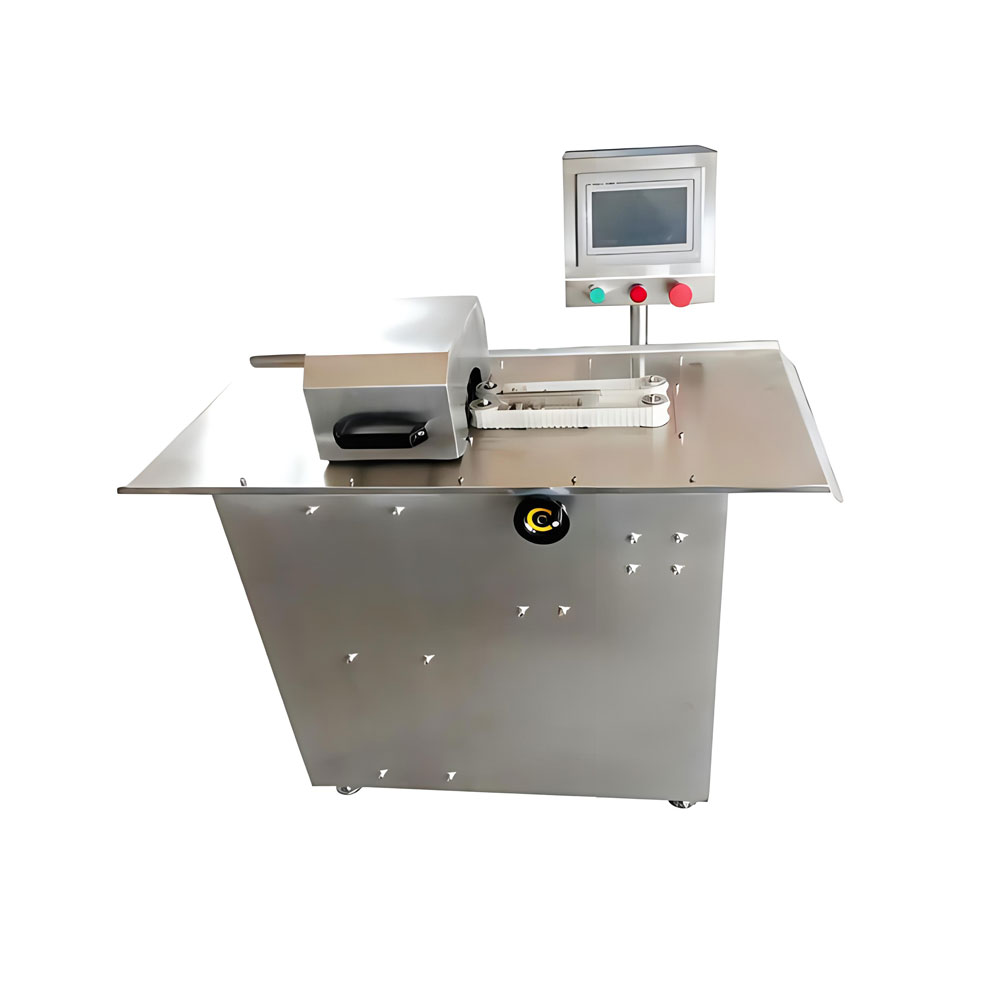
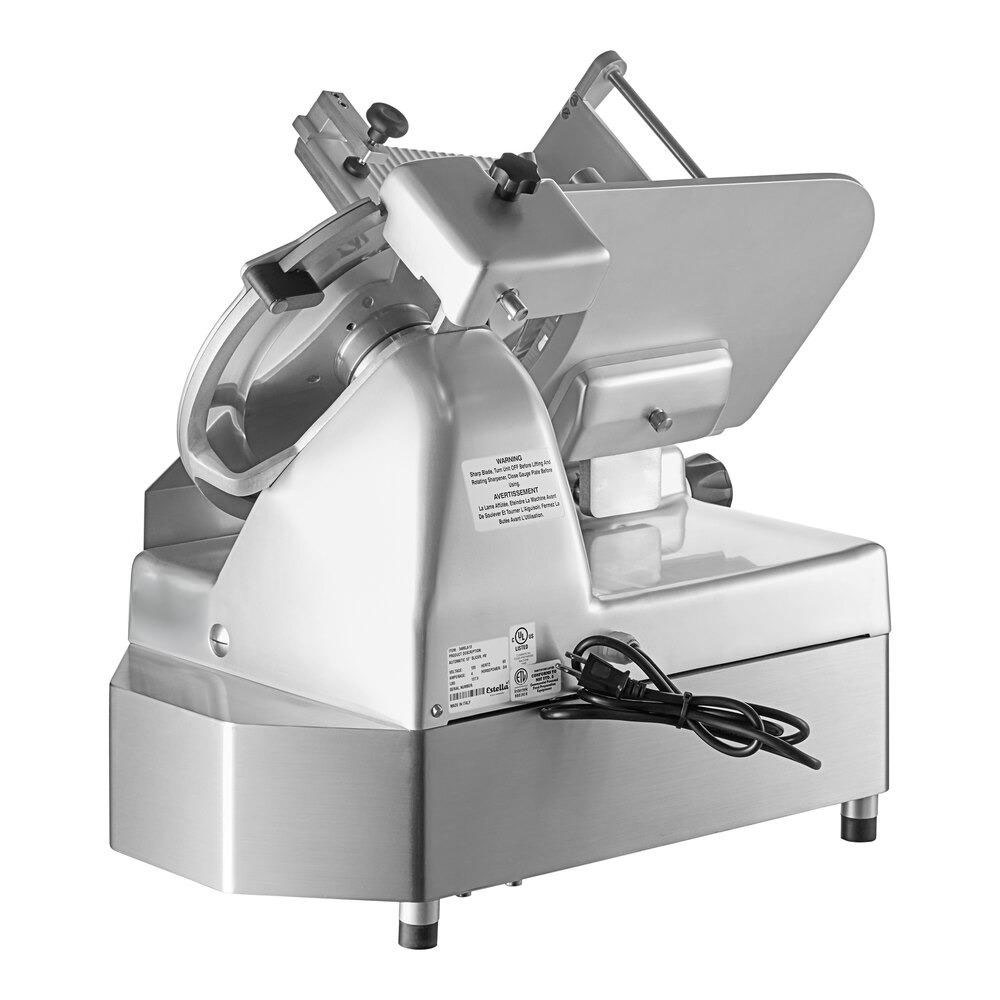
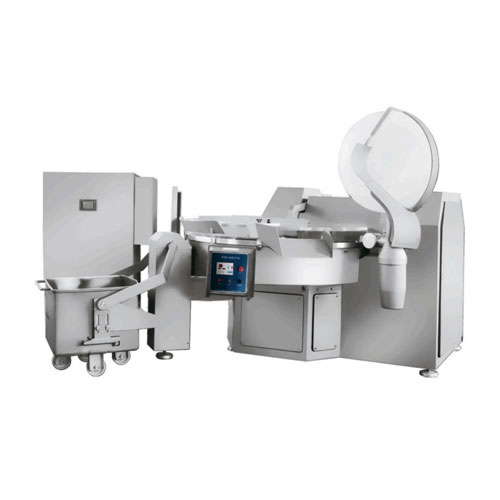
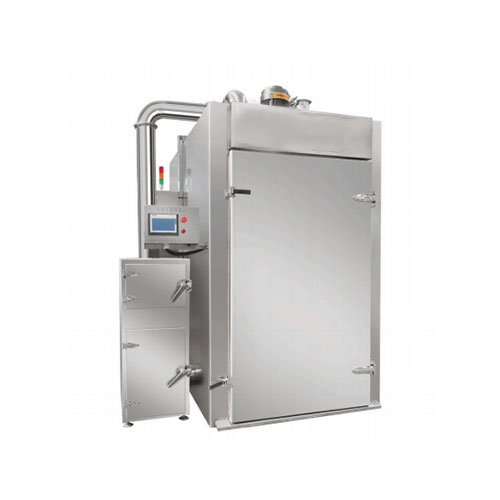
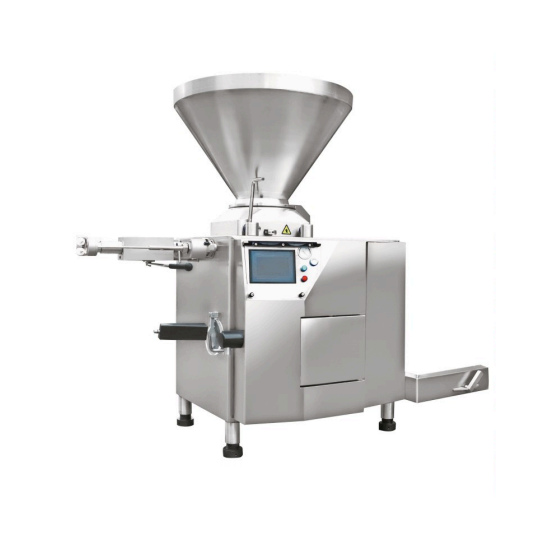
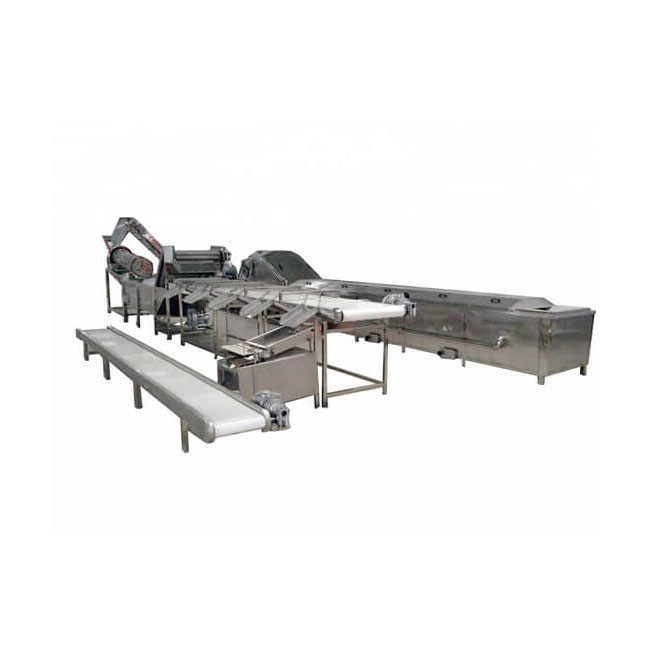
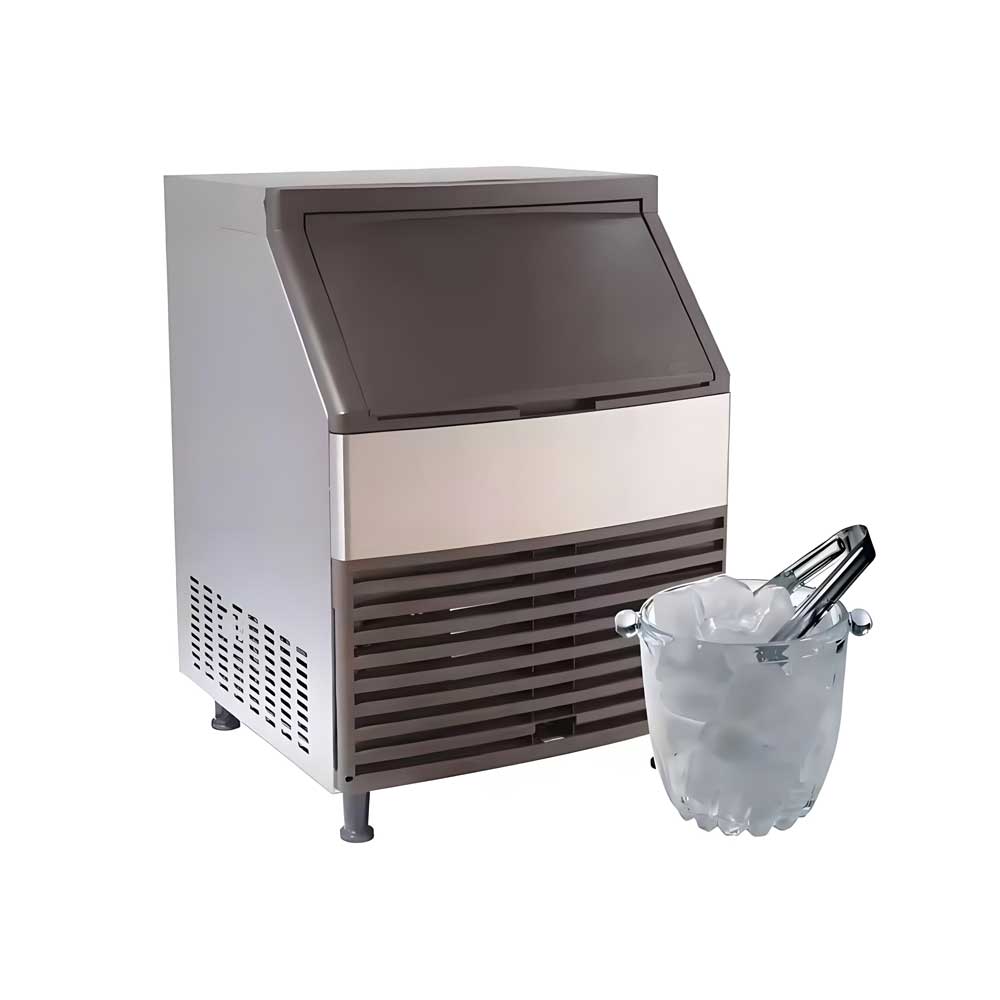
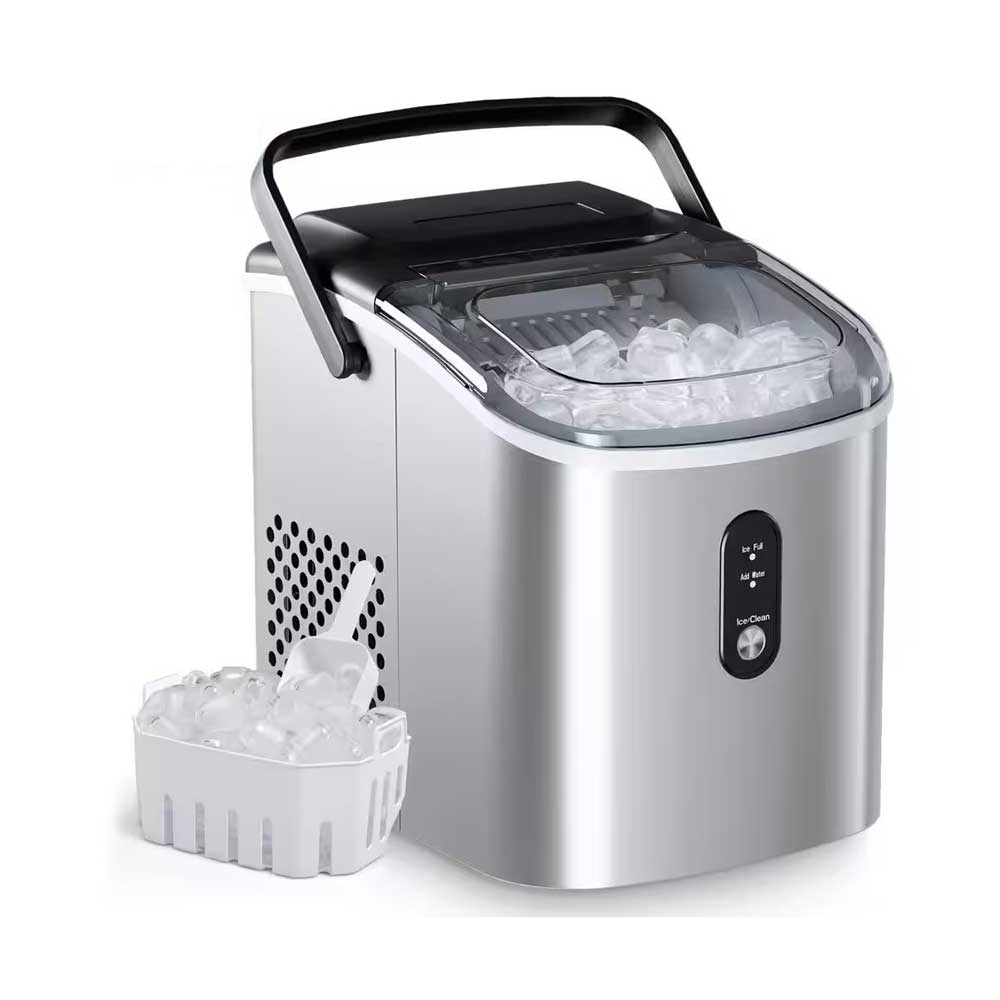 Portable Flake Ice Machine
Portable Flake Ice Machine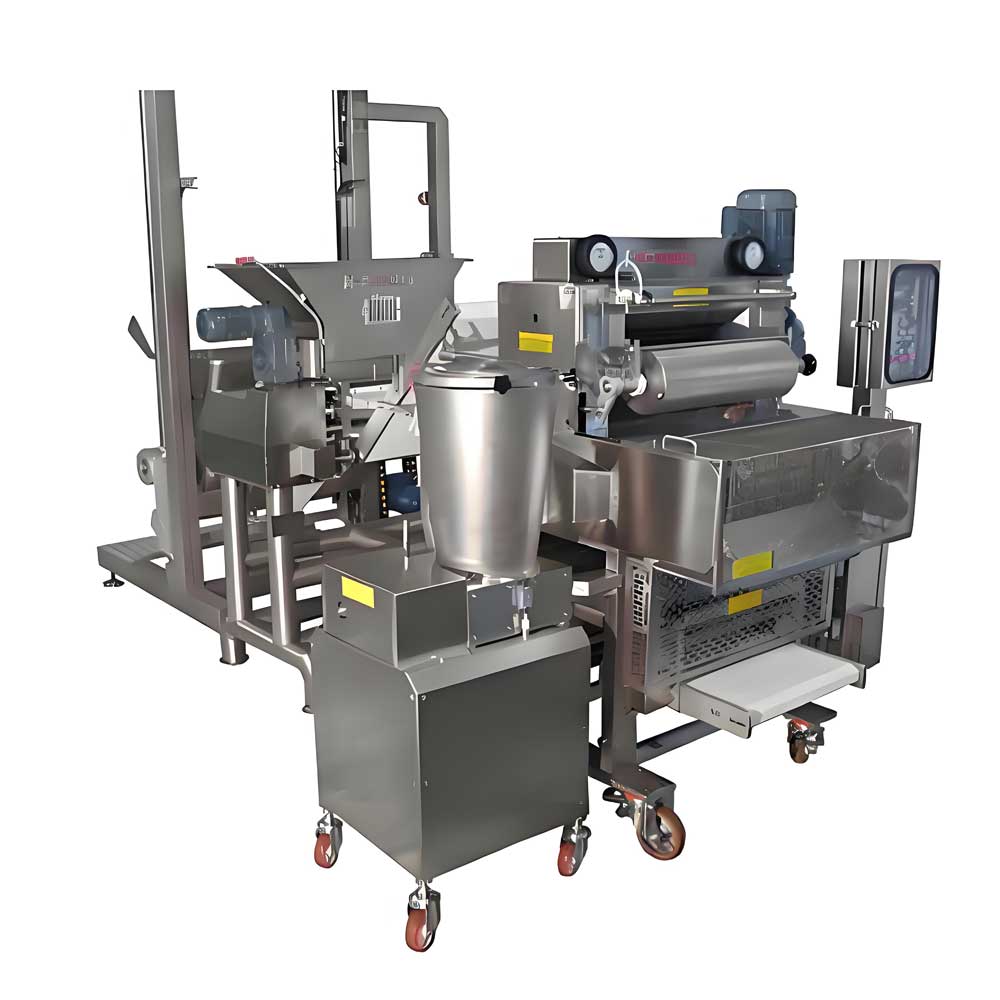 Pelmeni Making Machine
Pelmeni Making Machine
Ready to Get Started?